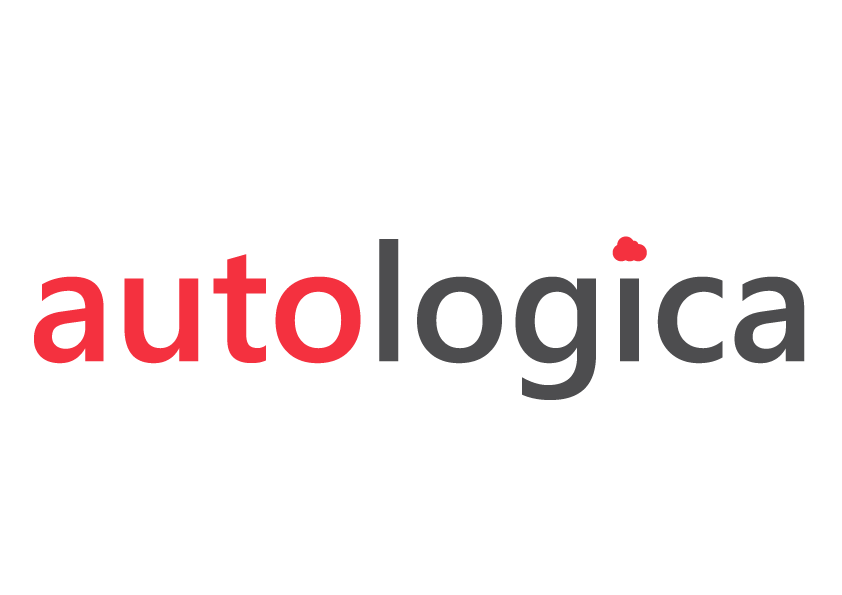When the dealership is doing well, controls and audits sometimes become lax. Sooner or later this brings about consequences. Undetected money leaks, fraud and theft, as well as missed opportunities are just some of the issues that can affect the daily operations of automobile, machinery, motorcycle, or truck dealerships.
Potential threat no. 1: Fraud
Most cases of fraud in dealerships are not reported because the damage to the business’ credibility is worse that the financial one.
A typical case seen across dealers from all industries… Repair orders that remain open for a long time, i.e. orders that have jobs and parts assigned but that were never closed. In an average dealership, there are 100 such open repair orders each year. Translated to money: in the cases we have analyzed, this scenario can add up to one million dollars a year of potential loss.
It is essential to know if these open orders remain open due to pending jobs, if they are waiting for the arrival of parts, or if they are delayed because of some other particular reason. The Service Manager must be sure that every open repair order has a valid reason to remain in that status. A repair order that is open for too long a time can also mean one of two things:
- There is a job that wasn’t invoiced due to an employee oversight.
- There are parts that haven’t been invoiced nor returned to the warehouse, which raises the question: where are those parts?
Potential threat no. 2: Money leaks
Money leaks are accidental situations where the dealer is losing money; these are usually unseen. The reasons may be many: failure to complete processes, poor control by managers and supervisors, lack of employee training, or poorly designed workflows.
What is the difference between money leaks and fraud? In money leaks there is no malicious intent from the person that makes the mistake.
A typical case: It is very common for parts managers to place orders of parts that have been categorized as “immobilized” or “dead”, but that are available in other stores.
If the purchase is to satisfy a customer order, then the opportunity to sell an immobilized part is lost. If the purchase is made to replenish stock, it is an avoidable mistake that will only increase the immobilized capital in dead parts inventory.
Potential threat no. 3: Missed opportunities
Unlike the two previous issues, missed opportunities are sales that the dealership could be making but isn’t, mainly because of the lack of tools to detect them.
A typical case: In many cases, the dealership’s sales team doesn’t have clear processes that help them follow up with prospects, or they are unable to absorb the number of opportunities generated. Naturally, this results in the loss of prospects that choose the competition because they are never contacted, or aren’t contacted enough or at the right time
How to avoid these situations?
Continuous auditing and monitoring
These two concepts help to eliminate the possible gaps through which money is escaping, whether it is due to operational errors or fraud.
Continuous auditing means the dealership has an auditing process in place that examines accounting practices continuously throughout the year; this is usually technology-driven and designed to automate error-checking and data verification in real time.
Continuous monitoring is the application of automated tools to continuously access key business process transactions and controls, with the goal of detecting suspicious practices.
A dealership-wide culture of control, automated monitoring tools and a work environment where fraud is not tolerated will allow dealers to work in a clear, efficient way and free of abnormal situations that can affect the business as well as the relationship with OEMs and customers.

One simple example of a continuous auditing policy, for example, is to carry out surprise inventory counts in the parts department. And if the dealer has a continuous monitoring tool, the dealership’s managers will receive an alert every time there is a suspicious transaction in any department so as to do quickly look into the issue and adopt corrective measures
Throughout this series we will analyze the most frequent situations of money leaks and fraud in dealerships and the ideal strategies and tools to prevent them.






